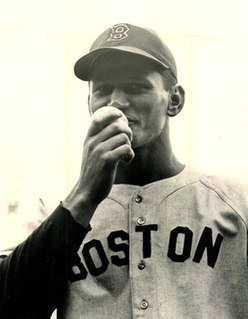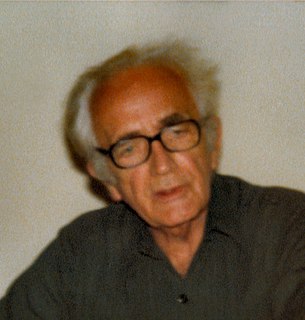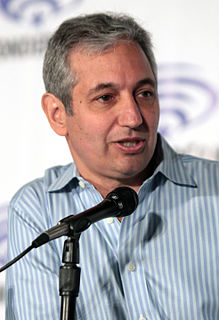A Quote by Paul Auster
The best filmmakers, I think, have always had very narrow frameworks for their stories, and then they can go deeply, rather than skimming the surface.
Related Quotes
We need to look at the repetitions in the stories we tell ourselves [and] at the process of the stories rather than merely their surface content. Then we can begin to experiment with changing the filter through which we look at the world, start to edit the story and thus regain flexibility where we have been getting stuck
I had never been with a woman for longer than a night, and they had always been whores. And while throughout each of these speedy encounters I tried to maintain a friendliness with the women, I knew in my heart it was false, and afterward always felt remote and caved in. I had in the last year or so given up whores entirely, thinking it best to go without rather than pantomime human closeness.
Because crime stories reveal an aspect of our personality that everybody has, but which we normally keep very deeply hidden. We like to talk about the good sides of ourselves. We don't like to talk about our hatreds, our distrusts of one another, our secrets, but crime stories drag those things to the surface and consequently they fascinate people and always have throughout all history.
I think we are affected so much by mythical stories and biblical stories, our society being based on the Bible - at least the old society is based on biblical terms and laws - that there's more of it in art than people realize. Sometimes it comes to the surface, but sometimes it's below the surface, but certainly, it does influence some of my movies.
I think journalists and filmmakers are keen observers. And actors must also be sharp observers as they draw their characters and their stories from what they experience around them. After all, that is what actors, filmmakers, journalists are trained to be: observers. And then they do something with their observations.
No matter what the belief, if it had modestly said, 'This is our best thought, go on, think farther!' then we could have smoothly outgrown our early errors and long since have developed a religion such as would have kept pace with an advancing world. But we were made to believe and not allowed to think. We were told to obey, rather than to experiment and investigate.
I think you have to do the stories that interest you and hope an audience likes it, rather than doing stories that you think the audience will like, whether you like them or not. I think there has to be something that you find compelling and interesting, and then hopefully an audience will agree with you.


































